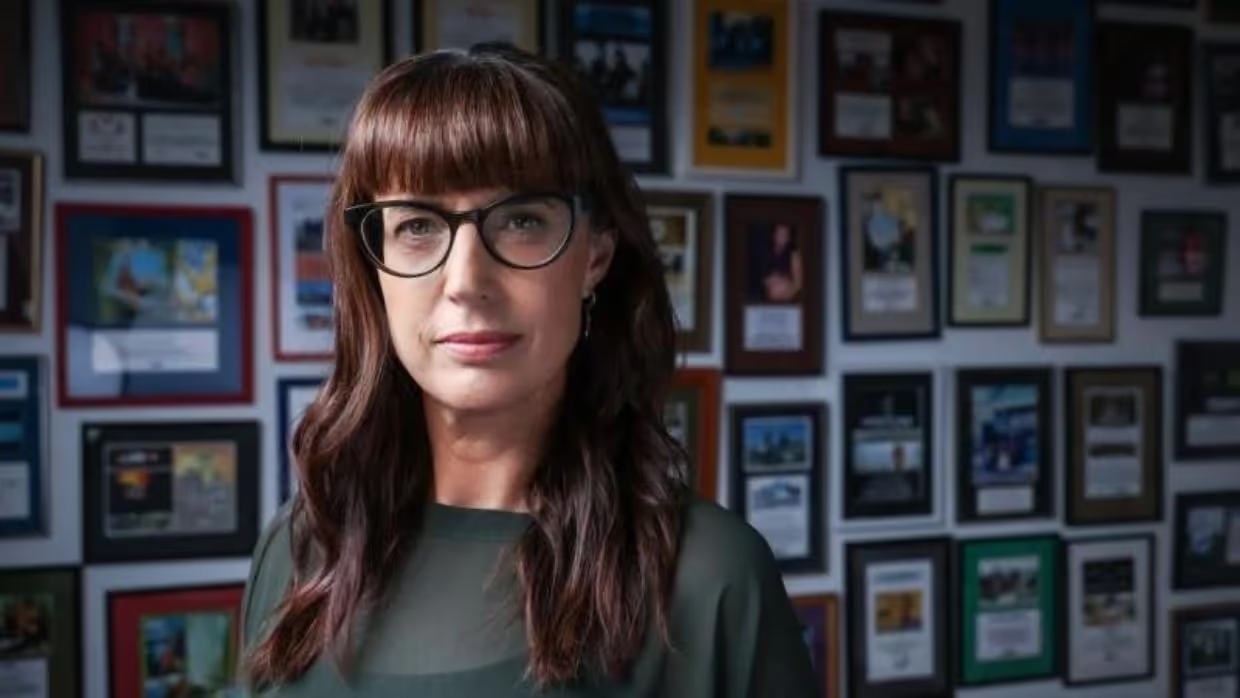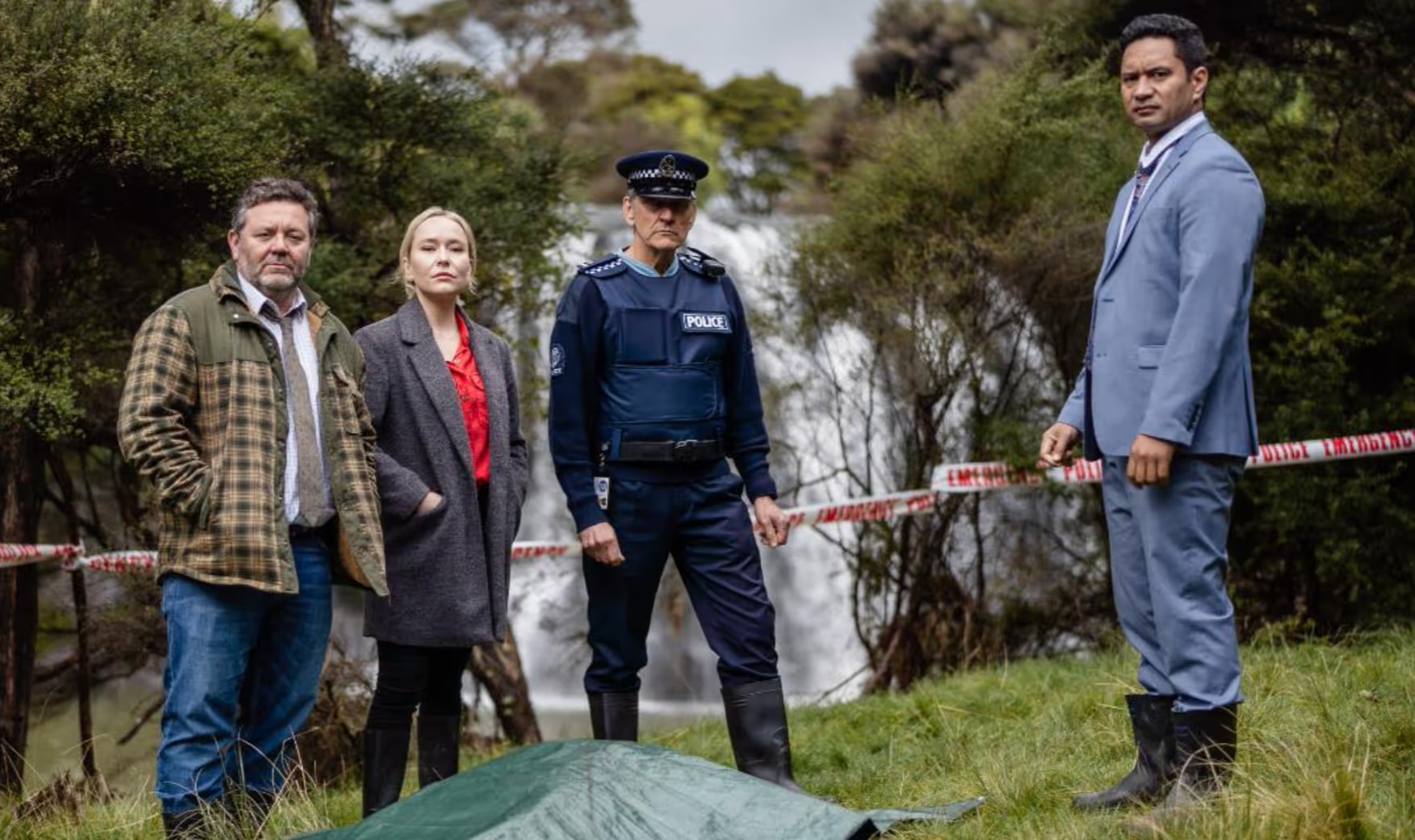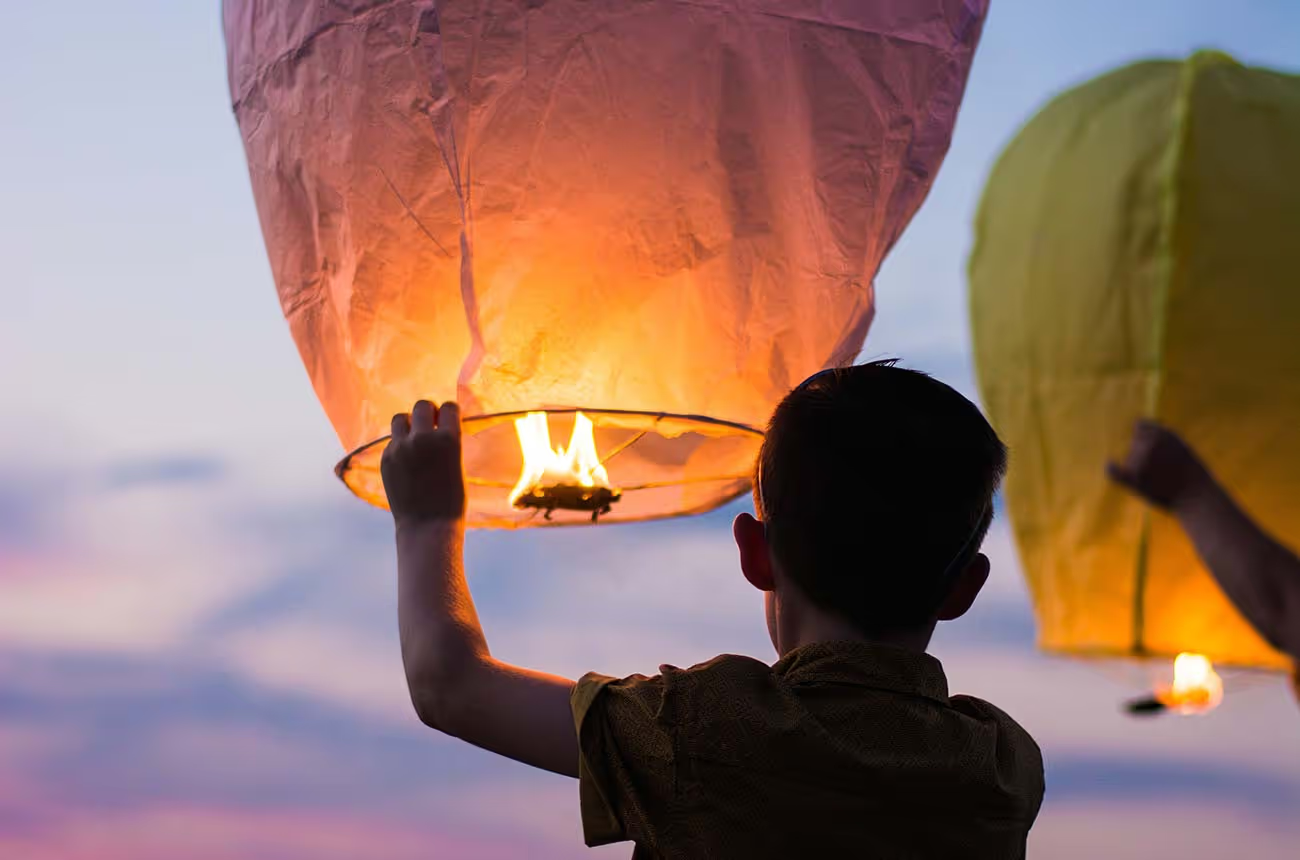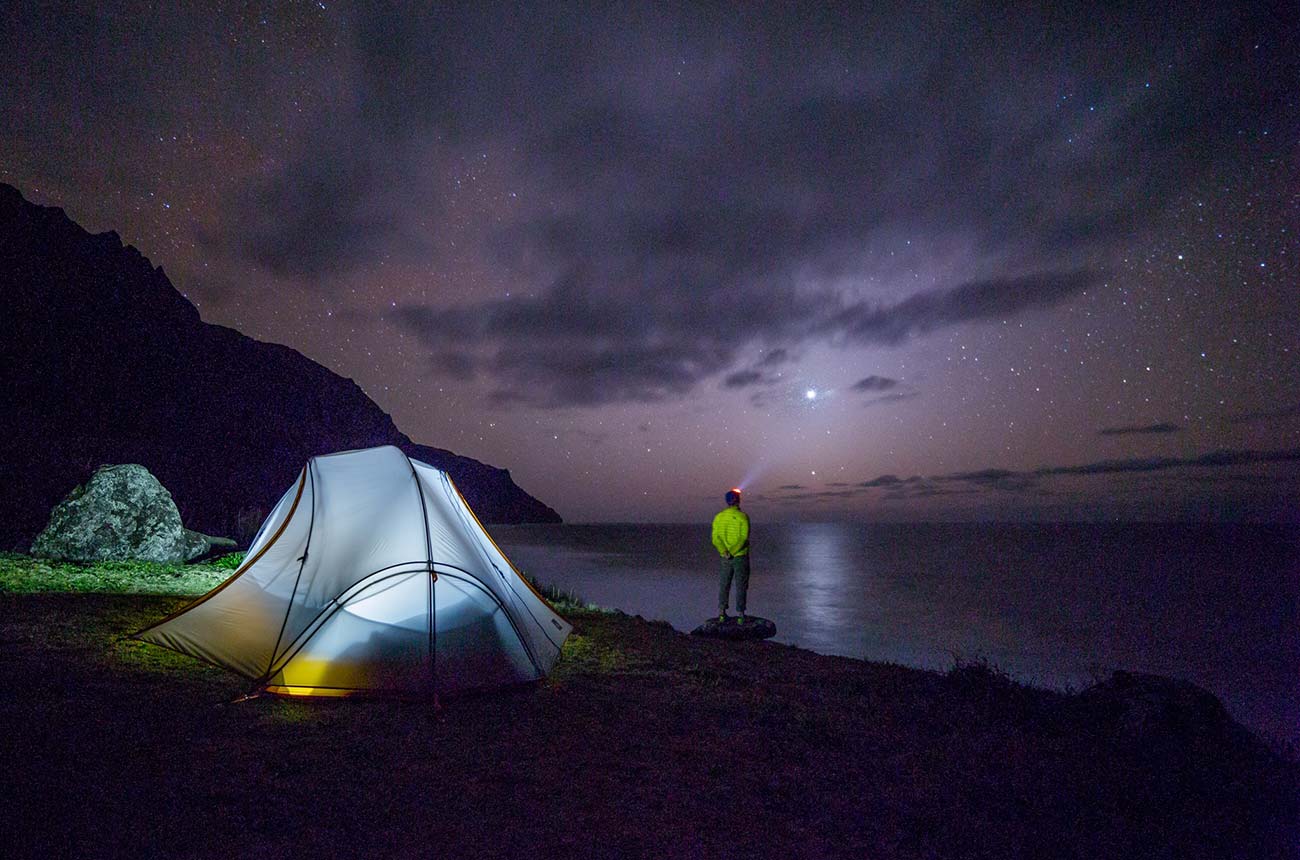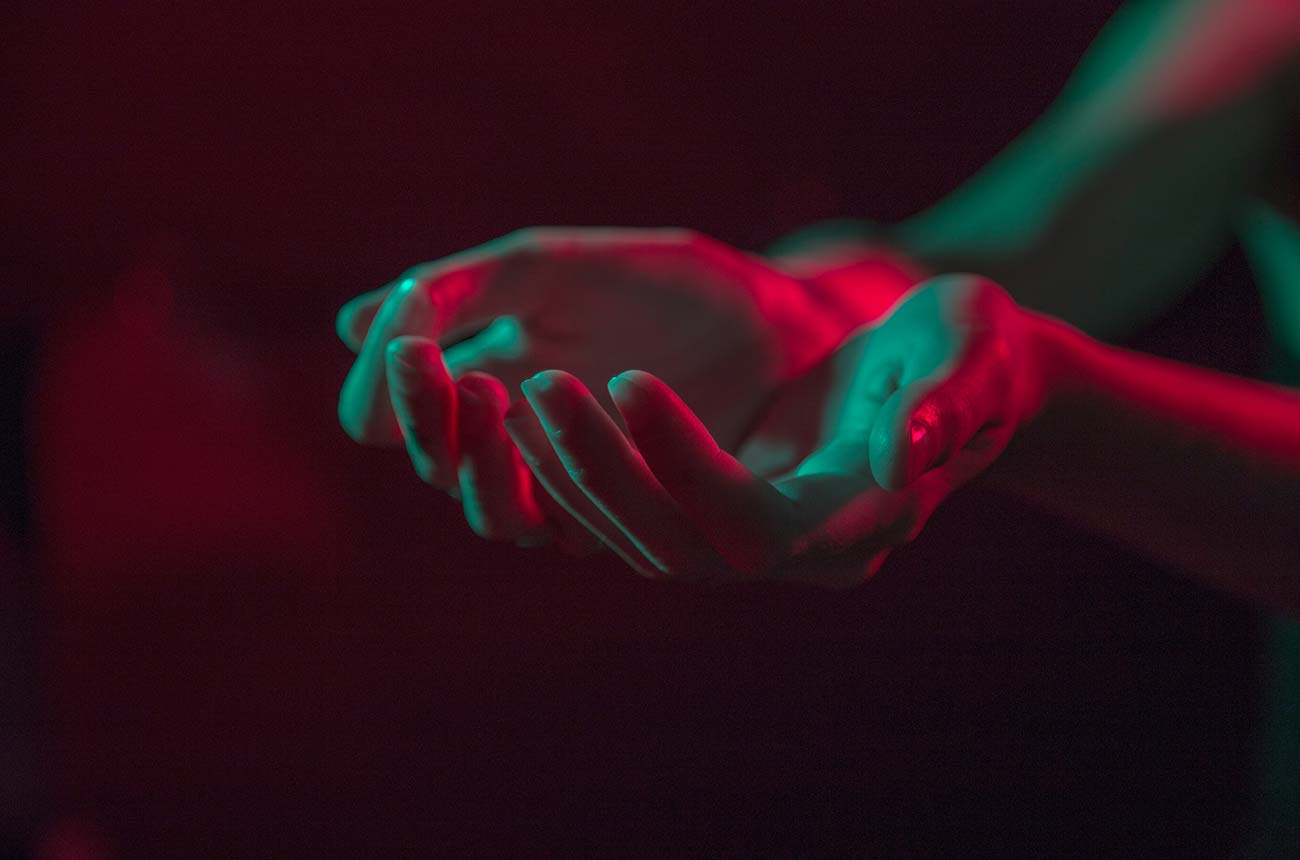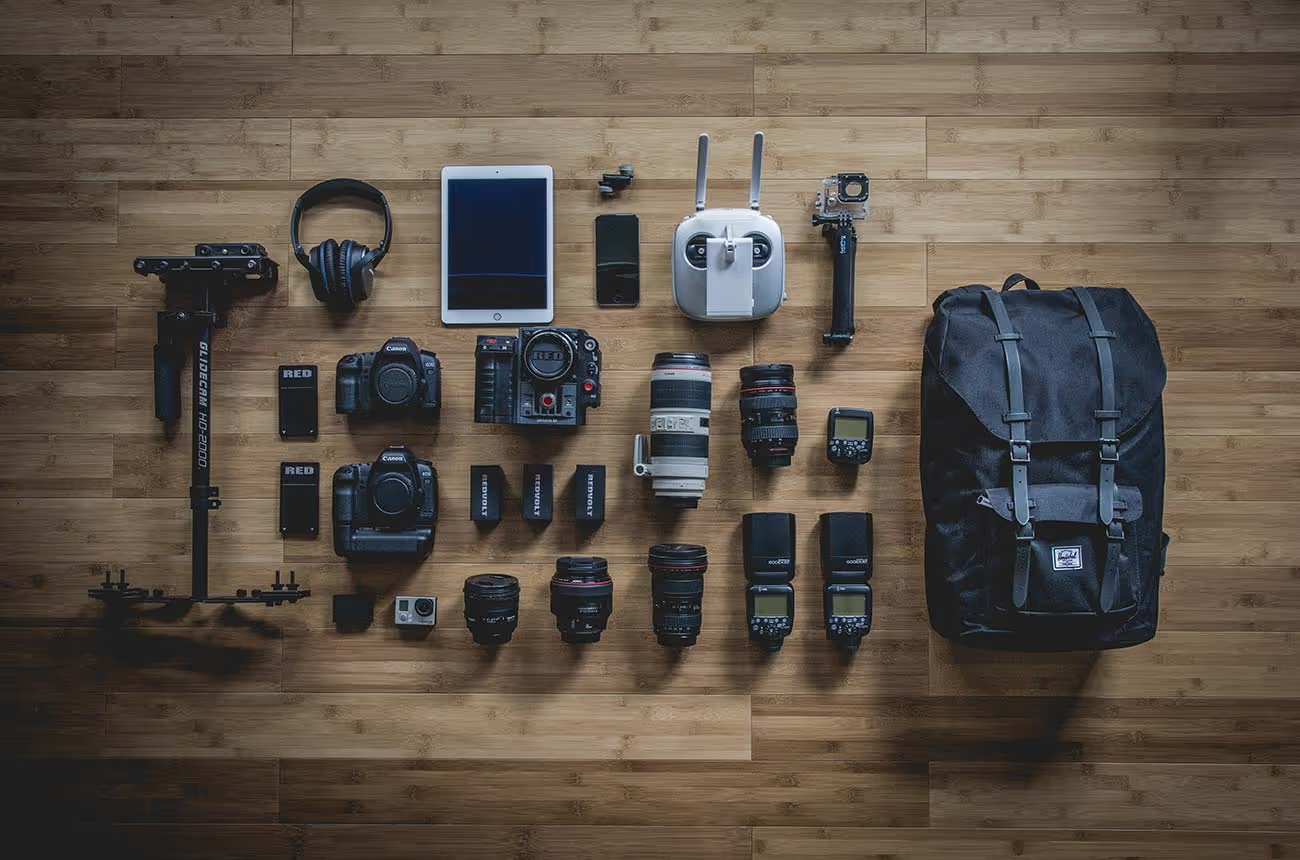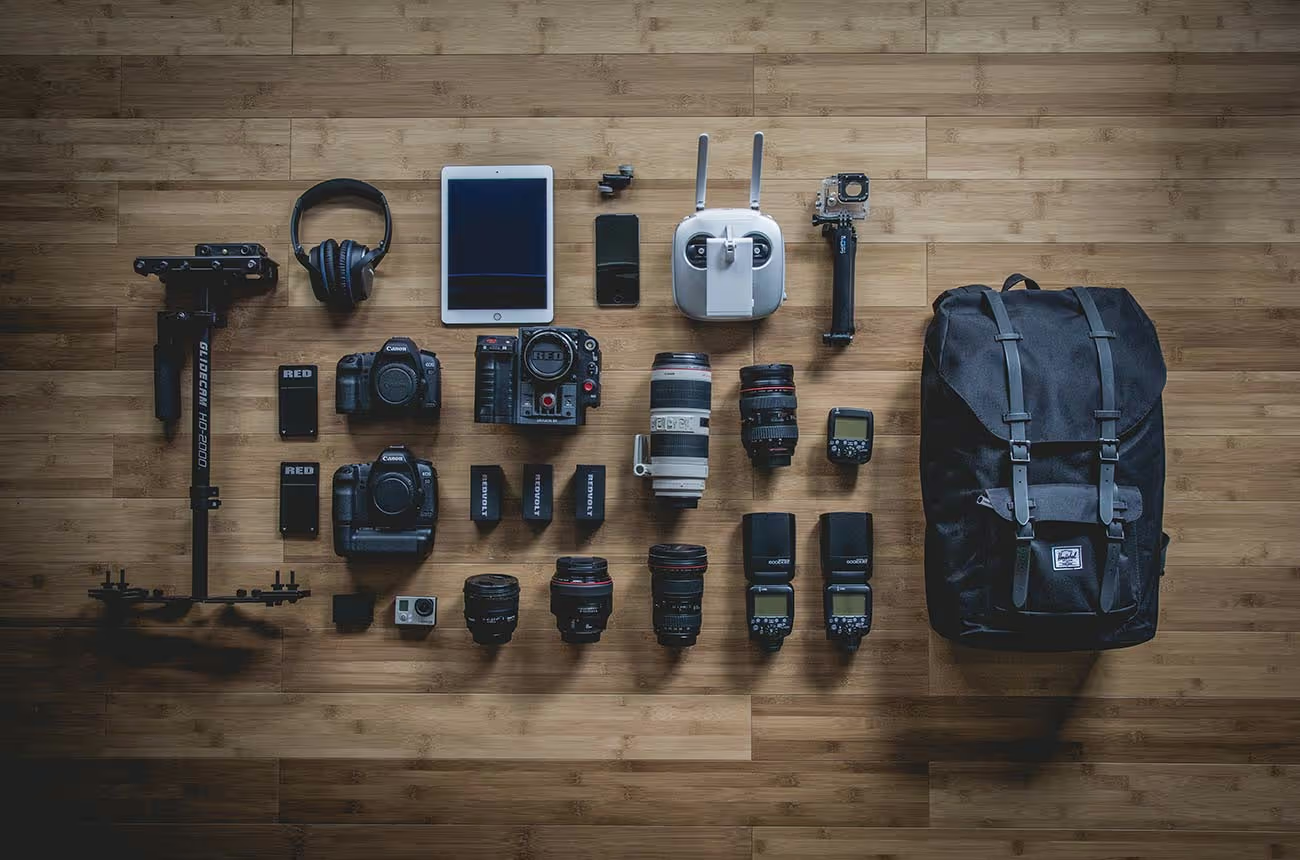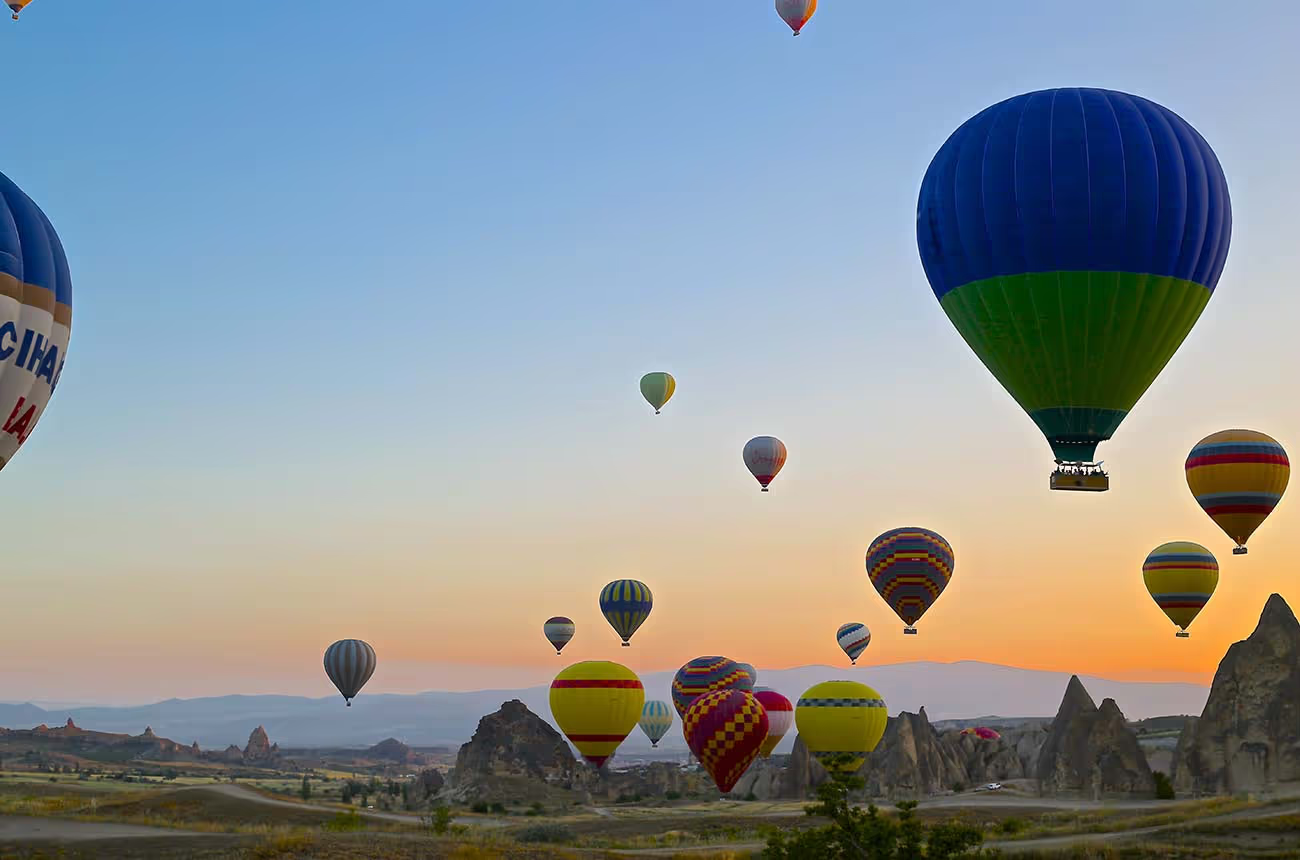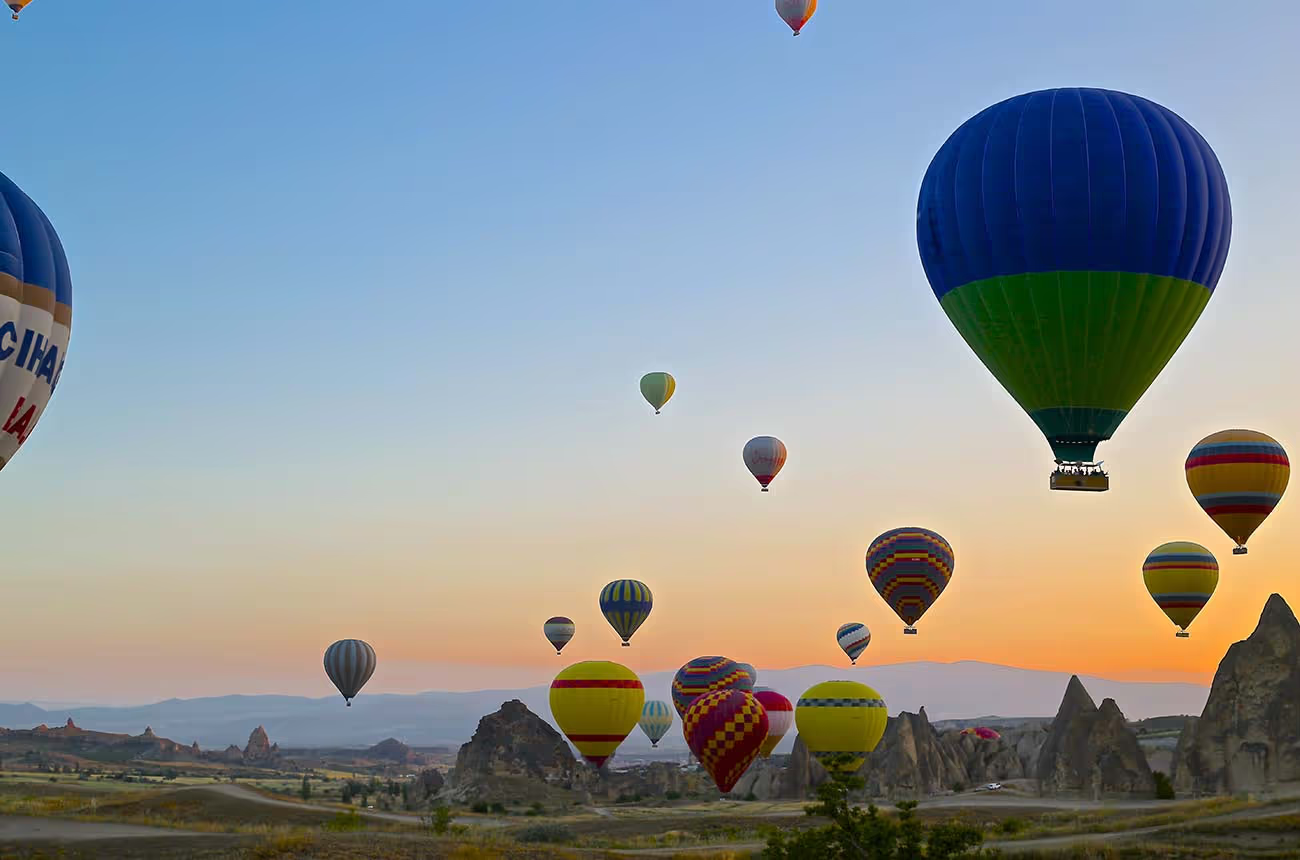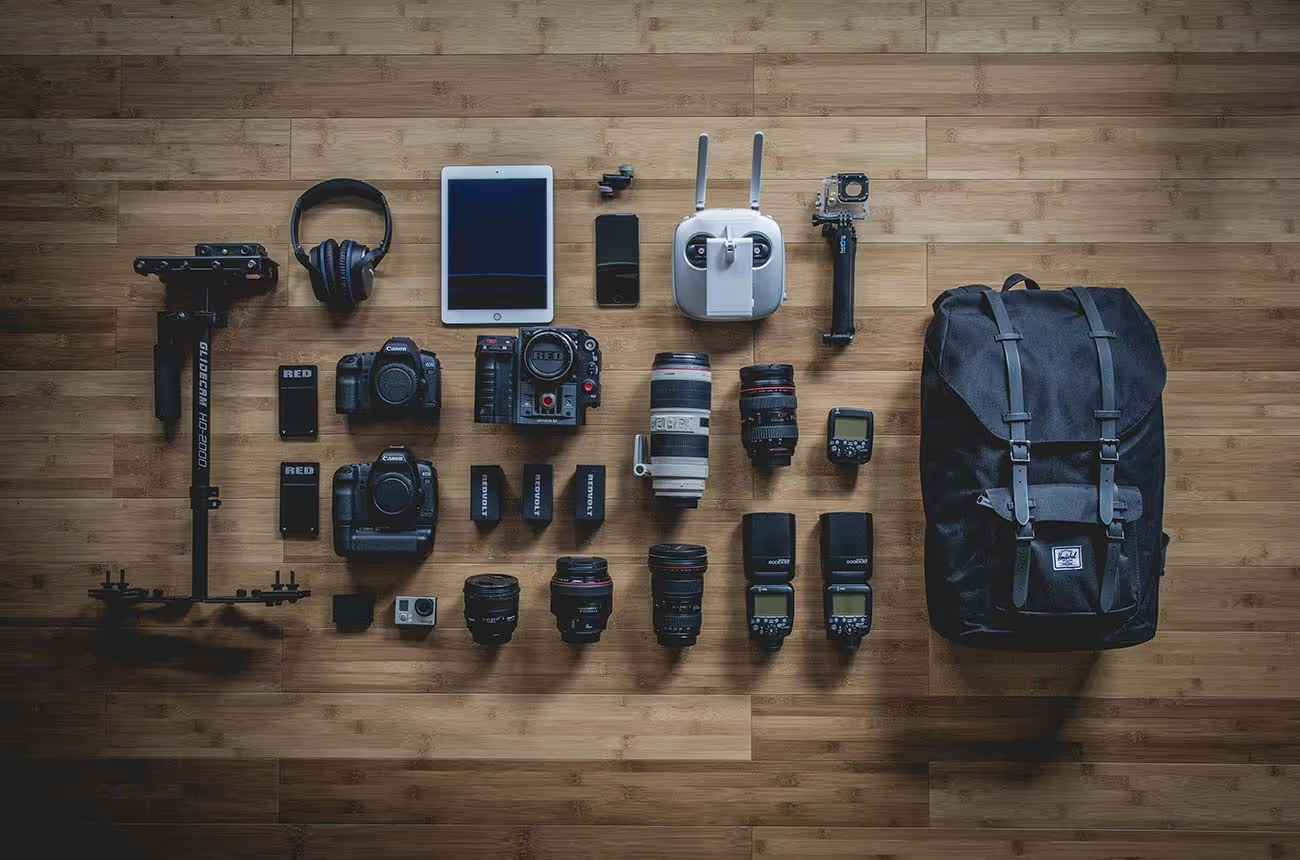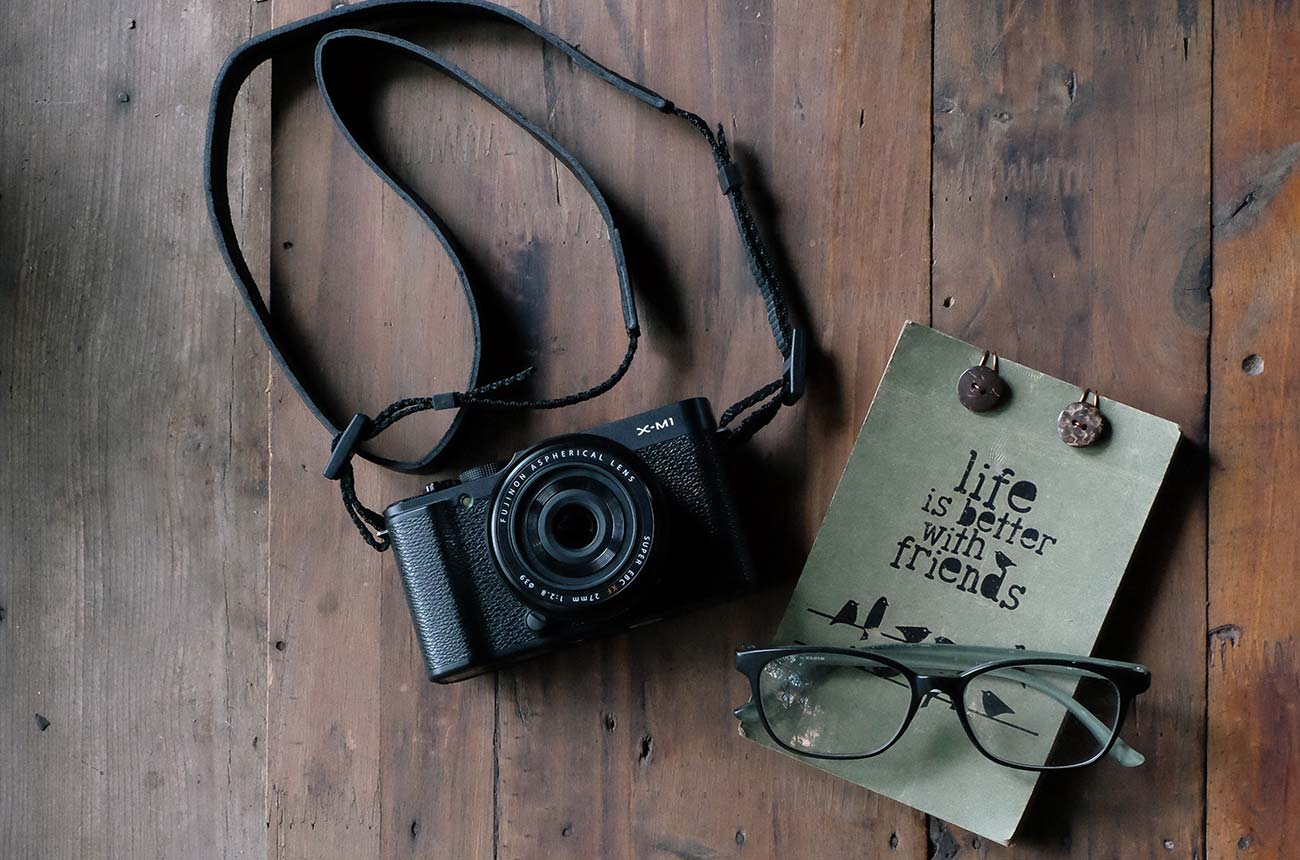
New Zealand International Film Festival
This year’s New Zealand International Film Festival screened 16 features and 28 shorts by New Zealand filmmakers. These films varied astonishingly and were a fantastic outcome for our film industry, writes Techos’ Guild member Jan Sisley.
That the New Zealand International Film Festival (NZIFF) presented so many local offerings of all shapes and sizes is something that should be celebrated by filmmakers and filmgoers alike. One highlight of the 2013 festival was the presentation of a newly restored cut of Geoff Murphy’s 1983 historical epic Utu. I have always been proud to name Utu not only as one of my favourite New Zealand films but also as one of my favourite ever Westerns. Utu Redux totally reconfirms this view. The new digitized director's cut came about after DOP Graeme Cowley saw an unrecognizable and almost unwatchable version of the film on television. He then worked with Murphy to track down any available original elements of the film, go through them, and put them back together in this new version. A western-style journey through the Maori and Pakeha land wars of the late 19th Century, Utu balances intimate character-driven drama with its grand cinematic scale. Now made even grander through the work done at Park Road Post in Wellington to digitally repair scratches and damage, enhance the picture and color, and also remaster the sound. The film was trimmed of ten minutes to make it more relevant but having not seen Utu for years I can’t comment on the exact changes. Audience response to the renewed film has been really positive, and it’s great to see that this film is going to have a new life on the big screen.
New Zealanders got their first look at Daniel Borgman’s debut feature film The Weight of Elephants, which premiered at the Berlin international film festival in February before a theatre run in Denmark. The Weight of Elephants is a NZ film made with New Zealand Film Commission (NZFC) support and European co-funding. It is directed by a Danish filmmaker with a local cast and largely NZ crew. The film is generating debate and discussion around the subject of NZ co-production with other countries and especially around whether this could be a model for future productions and something for NZ filmmakers to look to. Making its debut at the festival was Fantail which was funded by the NZFC low budget Escalator program. The film was written by Sophie Henderson, who also takes the lead as the white girl who believes she is Maori. The script was developed from a ten-minute drama school monologue and successfully draws on local myth and culture (both ancient and contemporary) to create a distinctly NZ story.
Director Tim Van Dammen has created in Romeo and Juliet: A love song, a version of Shakespeare’s best-known tragic work as a musical set in a NZ camping ground, with an amusing bogan romance at its heart. I heard it described as Shakespeare for the Twilight generation and while it wasn’t for me, the crew did a great job of bringing this vision to life with great production design and visual style. Deadly Ponies Club is a fresh, original, and funny film with great, easily relatable performances. NZIFF always features a strong showing in NZ documentaries and 2013 was no different.
Toa Fraser offers a beautifully shot feature film of the Royal New Zealand Ballet’s version of Giselle. This film documents the ballet with its story of two star-crossed lovers, the beautiful Giselle and prince, in disguise as a villager, who woos her. Occasionally the film shifts from the stage to place the couple in real-world locations, situating them in Shanghai and New York.
NZ photographer Anthony Powell captures life on the ice in his stunning film Antarctica: A Year on the Ice, which was a real audience pleaser. Shots of the stunning landscape provide an impressive backdrop for the film's look at the people who work under difficult conditions at McMurdo Station and Scott Base and how they cope wintering over in a place where there is no light and no escape for six months.
In Gardening with Soul, filmmaker Jess Feast followed Sister Loyola through the year of her 90th birthday, charting her journey through the seasons. Sister Loyola is the main gardener at the Home of Compassion on the southern coast of Wellington, and we see her carrying out her daily tasks which include some pretty heavy work. Through her garden, we gain insight into her life and faith. This heartwarming documentary is beautifully shot almost entirely within the sea and garden landscapes of this tiny community, really well edited and accompanied by music by local musician David Long.
Venus: A Quest was an enjoyable reflection on discovery itself and the never-ending quest for answers. Cartoonist Dylan Horrocks travels halfway across the world to find out about the family links to astronomer Jeremiah Horrocks, who discovered the Transit of Venus in 1639. His journey takes us to Liverpool and Bolton in the UK before returning to Tolaga Bay, where people gather to witness the 2012 Transit of Venus.
Sheen of Gold was a pleaser for fans of the band The Skeptics as well as anyone with a wider interest in NZ music history. Stephanie Beth’s solid Us and the Game Industry looks at the independent gaming industry to question whether or not games constitute art. A Documentary about inspirational New Plymouth artist Don Driver was a reminder to treasure our artists.
Last year saw the successful launch of the festival's short film competition, New Zealand’s Best, and this year guest selector, filmmaker Alison Maclean, chose the six finalists from a shortlist of twelve. The jury (made up of Metro Magazine editor Simon Wilson, Michael Eldred for Madman Entertainment and film producer Bridget Ikin) awarded The Madman Entertainment Jury Prize for the Best New Zealand Short Film at the festival for 2013 to Friday Tigers. The Audience Award, decided from votes collated at the four Auckland and Wellington screenings, also went to Friday Tigers. This year also saw the return of the Nga Whanaunga Maori Pasifika short film programme, a collection of works by Maori and pacific filmmakers from NZ and Australia. Curated by Leo Koziol of the Wairoa Maori film festival and in collaboration with that festival the programme shows the great diversity in Maori and Pasifika storytelling. The four films in the Shadowlands collection present alternative forms of filmmaking, further reiterating the diversity in the industry as a whole.
Festival programmers also made room for a number of shorts to screen before feature films. With a range of styles and subjects, these films bring attention to the variety and strength of NZ’s filmmaking.
Our filmmakers have something to say, and truly original ways of saying it, long may it continue.



